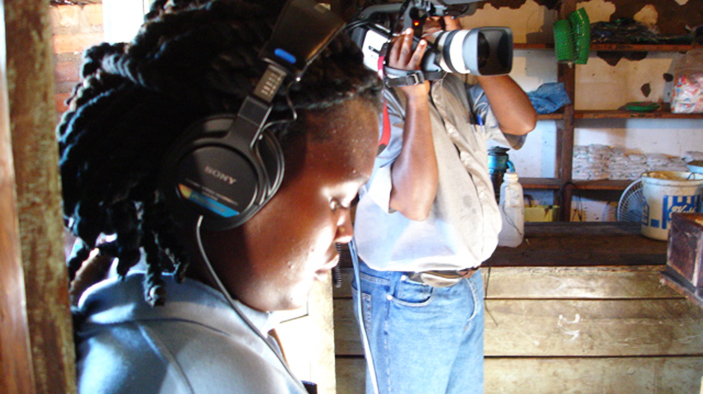Malawi—Tilitonse Fund
Client: Foreign, Commonwealth & Development Office
Duration: 2011-2017
Region: Sub-Saharan Africa
Country: Malawi
Solutions: Governance
Almost two decades since multi-party democracy replaced single party rule in Malawi, many people were still unused to holding government to account for providing public services or protecting their basic rights. The general public, and poor communities in particular, lacked the ability to effectively advocate to elected officials and fight back against the negative impacts of corruption.
To help address this situation, the Tilitonse Foundation was established as grants facility to help Malawian-based civil society organisations promote accountable, inclusive, and responsive governance. The Fund partnered with the private sector, faith-based organizations, the media, and others to form coalitions that advocated for increased government transparency and accountability and improved public services. The Tilitonse Fund was a multi-donor programme supported by the former U.K. Department for International Development (now called Foreign, Commonwealth & Development Office), Irish Aid, and the Royal Norwegian Embassy in Malawi.

Sample Activities
- Established and managed a grant-making facility for civil society organizations.
- Provided technical advice and training to grantees to improve their ability to manage grants and achieve intended results.
- Conducted research and analysis to identify strategic opportunities for interventions and facilitated coalition-building among civil society groups.
Select Results
- Worked with the Malawi Police Service to revise policies and training manuals to improve responsiveness, public access to information, and inclusivity.
- Supported the Malawi Human Rights Commission to standardize sentencing for capital offenses, leading to re-hearings of 140 cases with acquittal and release of 107 wrongfully accused inmates.
- Empowered 900,000 citizens to hold government officials to account by providing information on rights, entitlements, and responsibilities via training manuals, posters, newsletters, documentaries, and nearly 2,000 instances of media coverage.
- Supported the National Media Institute for Southern Africa Malawi Chapter to successfully advocate for passage of Malawi’s Access to Information Bill, enhancing governmental accountability and responsiveness.
- Provided grants for 73 governance initiatives to groups including Water for People, Consumers Association of Malawi, and the Coalition of Women Living with HIV and AIDS.
RELATED CONTENT:
Morocco—TASHAROC
TASHAROC supported inclusive development and reduced political and economic disenfranchisement in the Northern Moroccan region.
Read More